Agrobiodiversity and Farmers' Rights
Synopsis
The term agrobiodiversity refers to genetic variability in plants, animals and micro-organisms of economic value. In the past, several thousand plants were used for purposes of food, feed, fibre, fuelwood, fertilizer and medicine. As agriculture advanced, the human food security systems began to depend not only on fewer and fewer plant species, but also on a small number of varieties. Such genetic homogeneity enhanced genetic vulnerability to pests and diseases as well as to soil and climatic stresses. At the same time, the habitants rich in biodiversity like forests were getting destroyed. The on-farm conservation traditions of rural communities are also giving way to monoculture, thereby accelerating the pace of gene erosion. Agrobiodiversity provides the feed-stock for the breeding and biotechnology enterprises. The future of food and health security depends on the conservation and sustainable use of such diversity. Genetic engineering technologies help move genes across sexual barriers and hence no plant or other living organism is useless, as Charaka reminded us centuries ago. Concerned with the rapid extinction of plant and animal species, the nations of the world approved a Convention on Biological Diversity (CBD) at the UN Conference on Environment and Development held at Rio de Janeiro in June 1992. CBD not only provides for conservation, but also for sustainable and equitable utilisation. This book deals with the equity part of the utilisation of agrobiodiversity. Today, the traditional conservers live in poverty, while the utilisers experience prosperity. How can the equity provisions of CBD and the concept of farmers' rights developed in the Forum of FAO, i.e., the rights of tribal and rural women and men who have not only conserved genetic variability but also enriched them through selection and information and thereby deserve to be recognised and rewarded, be converted into reality? This book stresses that where there is a will, there is a way. The book also shows the way.
Read more
19.00
17.1
$
20.00 $
Free delivery Wolrdwidе in 10-18 days
Ships in 2-4 days from New Delhi
Membership for 1 Year $35.00
Get it now and save 10%
Get it now and save 10%
BECOME A MEMBER
Books by the same author


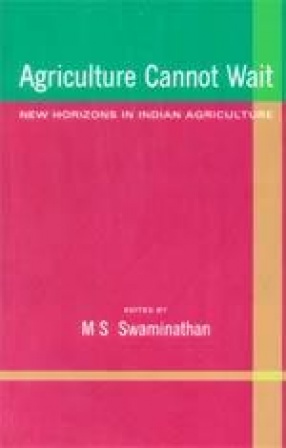
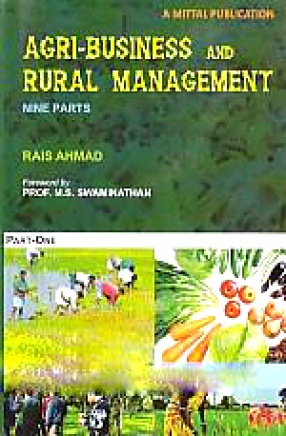
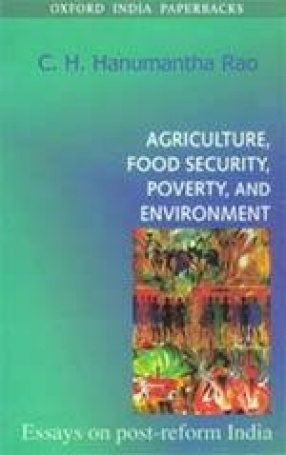
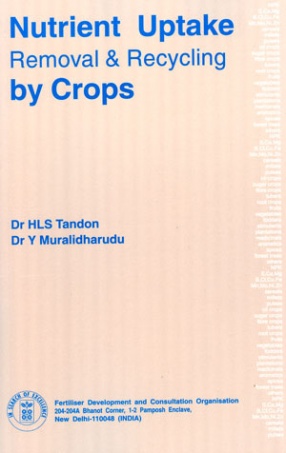
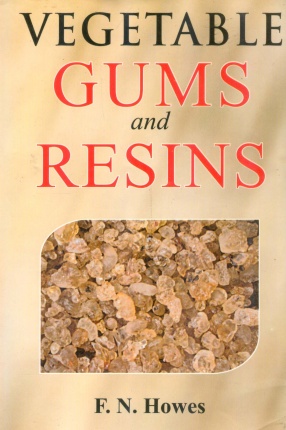
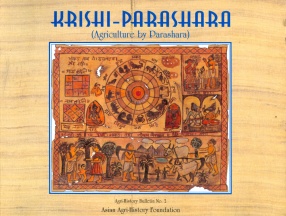

Bibliographic information